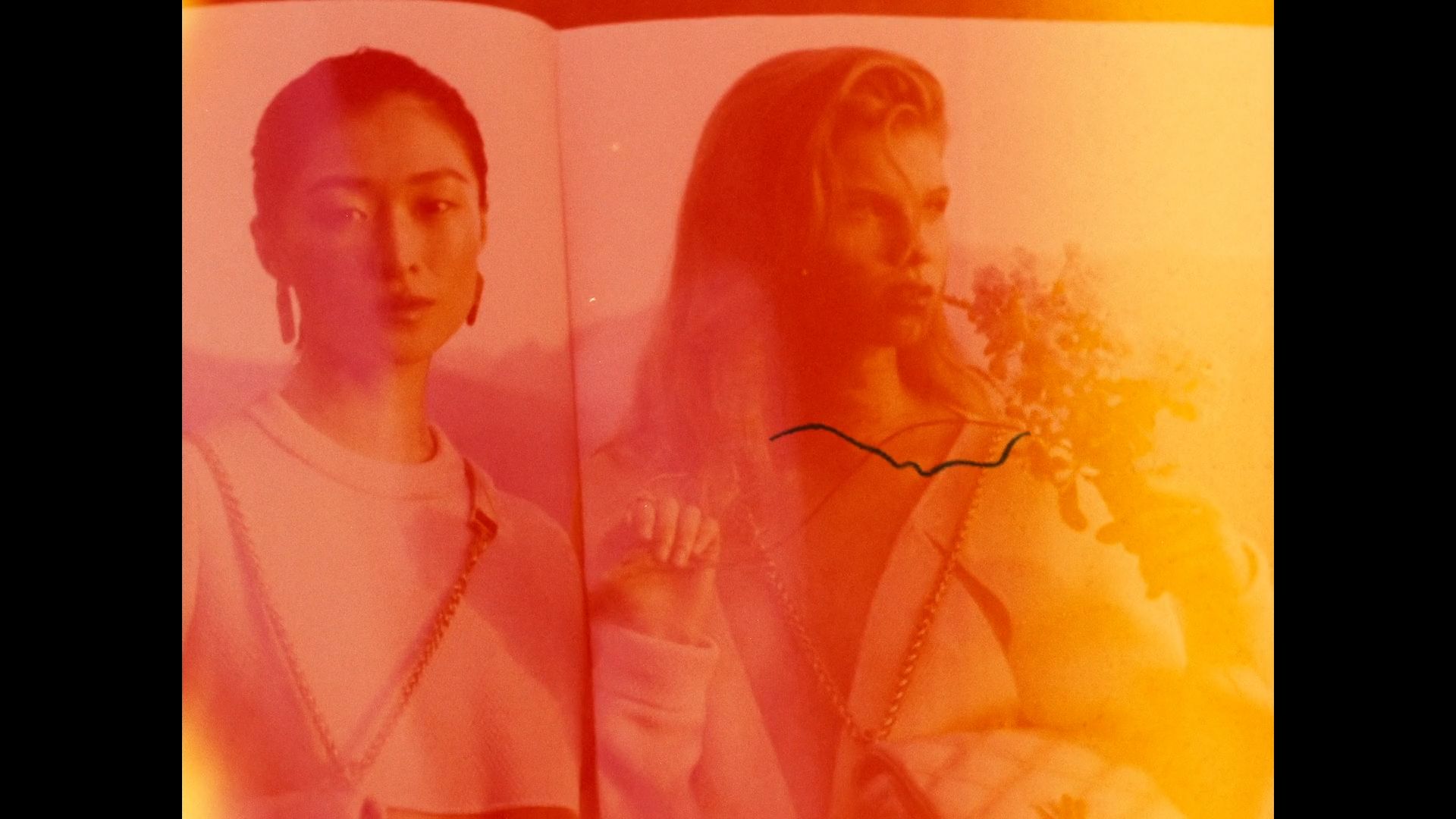Ahead of the announcement of the 2024 Film London Jarman Award winner on 25 November, Film London and London’s Whitechapel Gallery are teaming up to host two days of talks and screenings. The event, taking place on 16 and 17 November, marks the final stop on a UK-wide tour designed to give audiences across the country the chance to watch the six films shortlisted for the prize.
Art films like these are not the kind you often get to see via big distributors or streaming platforms. When the buzz around a new piece dies down, unless the artist is able to put the work online—often tricky because the viewing conditions are not optimal—most people don’t get to see it again.
“It’s always been really important for us to share the works widely,” says Rose Cupit, senior manager at the Film London Artists’ Moving Image Network. “We’re working with artists who are not necessarily engaging with the film industry.
“We really try to connect with spaces and organisations around the country that have strong local and community links. Anecdotally, artists have told us how valuable an opportunity it is for them to have the chance to show their work on a big screen—it really expands the reach.”
Who was Derek Jarman?
The Jarman award takes its cues from the celebrated filmmaker Derek Jarman in celebrating experimentation and boundary-defiance in moving image. Critics have routinely highlighted the sensitivity and bravery displayed in the work of previous winners, from John Akomfrah (shortlisted in 2014) and Grace Ndiritu (the 2022 laureate) to Laure Prouvost and Monster Chetwynd (finalists in 2011 and 2010, respectively).
The 2024 cohort is no different. Their mediums range from 16mm film and animation to archival footage and hacked video game imagery. And their points of interest are just as diverse.
“I mean, where to start?” says Cupit. “They’re all amazing and varied, from Melanie Manchot’s beautiful black and white piece to Maryam Tafakory’s artworks, so deeply steeped in a knowledge of cinema.”
Maeve Brennan shows a documentary-based piece about a freeport haul of looted antiquities, titled An Excavation (2022). Larry Achiampong is present with his 2023 film, A Letter (Side B), which charts the lives of two brothers living in London and Ghana, while unpacking issues around masculinity and mental health with a Game-Boy aesthetic.
Maeve Brennan, An Excavation (2022), film still. Commissioned by Stanley Picker Gallery, Kingston University
Installation view by Andy Keate
In Liquid Skin, also from 2023, Manchot depicts a night in the life of nine women—a baker, a bouncer, a dancer, a carer—shot in infrared single takes. And Tafakory’s work, Nazarbazi (2022), poignantly investigates love and desire in Iranian cinema.
Meanwhile, Canadian artist Sin Wai Kin’s Dreaming the End is an expansive 2023 meditation on mythology and storytelling, set against the backdrop of classical Rome. Sin acts all the characters, in costume, reflecting the performance practice that accompanies their filmmaking.
Finally there’s Palestinian-British artist Rosalind Nashashibi with a riff on a William Blake poem, The Sick Rose. Titled The Invisible Worm (2024) it features, among other characters, a cat called Brother Alyosha and the titular worm, whose sights are set on the Houses of Parliament. The artist will be present for a Q&A following a longer screening of several of her other works that chronicle Palestinian life.

Rosalind Nashashibi, The Invisible Worm (2024), film still
Cinematography by Emma Dalesman
Jarman used to say that the real purpose of filmmaking, to his mind, was to “find family”. “I hate all the labelling,” he once said, “the boundaries drawn by the ‘communicators’, the middle men who sit between the audience and the experience.” This dual purpose, social and artistic, to create community and to gift viewers with something special, permeates the way the award handed out in his name continues to define itself.
The actor Rupert Everett, who knew Jarman and has narrated his memoir, Modern Nature, will present the award, which comes with a £10,000 prize, at a ceremony at the Soho Hotel. Other erstwhile collaborators of the artist’s will be in attendance.
Jarman Now! The Film London Jarman Award’s new pioneers, 16-17 November, Whitechapel Gallery, London




















